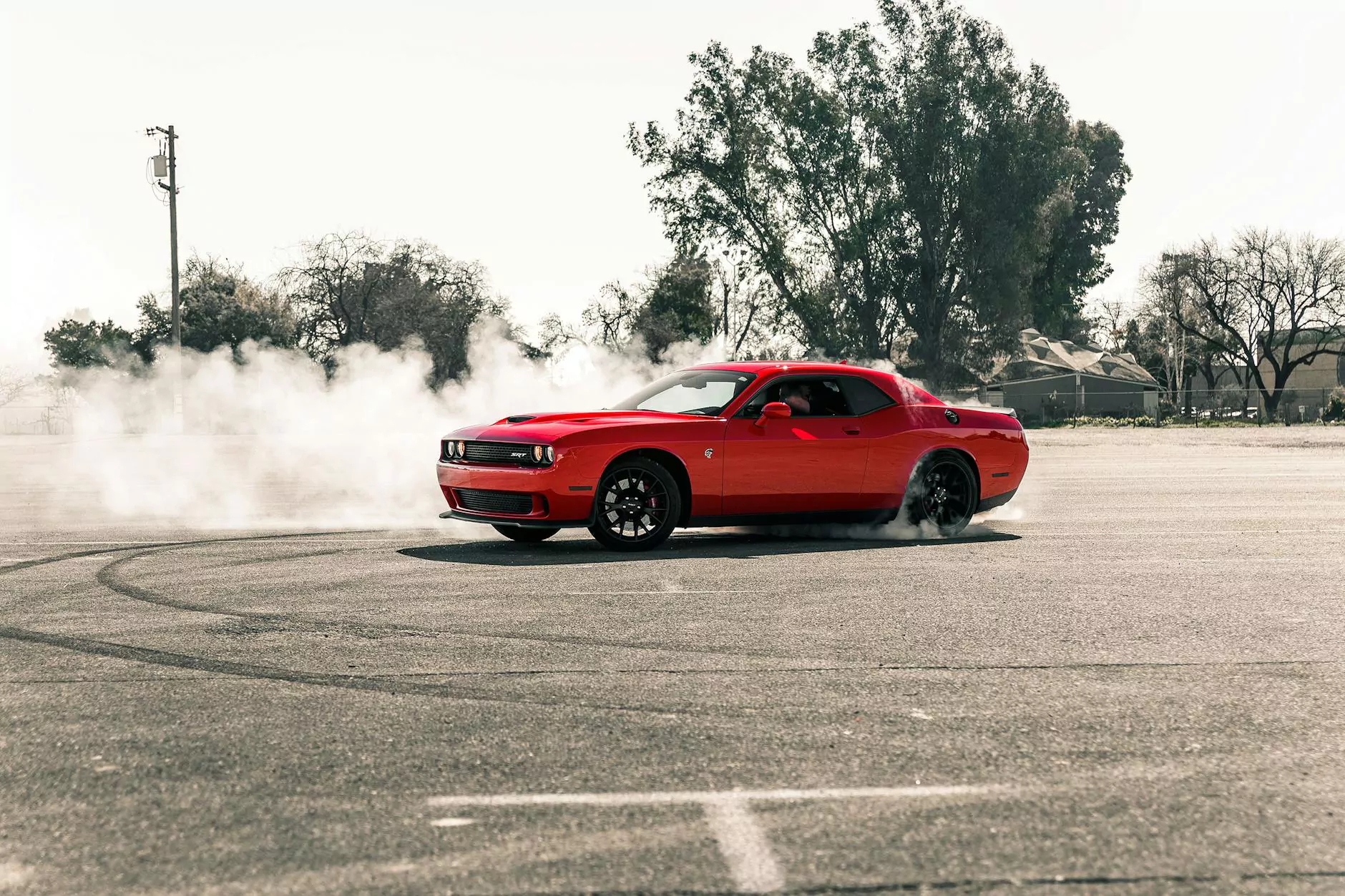Ultimate Guide to Jeep Wheels and Tires

If you’re a Jeep enthusiast or an off-road adventurer, you've likely realized that the right Jeep wheels and tires are crucial for both performance and aesthetics. Choosing the perfect set can not only enhance your Jeep’s capabilities on rugged terrains but also improve its overall look. In this guide, we’ll delve deep into the world of Jeep wheels and tires, covering everything you need to know to make an informed decision.
Understanding Jeep Wheels
Your Jeep's wheels function as the foundation for tire mounting and play a significant role in maneuverability, stability, and aesthetics. Here, we explore the different types of wheels available for Jeep owners.
Types of Jeep Wheels
- Steel Wheels: Known for their durability and practicality, steel wheels are great for off-road adventures. They resist bending and can withstand heavy impacts better than many alloy wheels.
- Aluminum Alloy Wheels: These wheels offer a perfect blend of weight and strength. They are lighter than steel wheels and can significantly enhance your Jeep's performance by improving acceleration and braking.
- Beadlock Wheels: Designed for extreme off-roading, beadlock wheels keep the tire bead seated even at low pressures, providing superior traction on loose or rocky terrains.
Choosing the Right Wheel Size
When selecting Jeep wheels, size matters. Most Jeep models come with standard wheel sizes, but upgrading to larger wheels can enhance your off-road performance. Consider the following:
- Fitment: Ensure the wheel size fits your Jeep’s specifications. Common sizes include 15", 16", 17", and 18".
- Offset: This refers to the distance from the wheel's centerline to the mounting surface. A positive offset brings the wheel closer to the frame, while a negative offset pushes it outward, which can affect handling.
- Backspacing: This measurement impacts clearance for suspension components. Too little backspacing can lead to rubbing.
Diving into Jeep Tires
The right tires can transform your Jeep into an unstoppable off-road machine. With countless options on the market, understanding the various types of tires is key.
Types of Jeep Tires
- All-Terrain Tires: Ideal for those who drive both on and off-road, all-terrain tires provide versatility. They offer a balanced tread pattern that performs well on highways and trails alike.
- Mud-Terrain Tires: These are designed specifically for off-roading in muddy or loose conditions. They feature aggressive tread patterns that help provide traction in the worst of conditions.
- Highway Terrain Tires: Best suited for drivers who spend most of their time on paved roads, these tires enhance fuel efficiency and provide a smooth ride.
- Trail Tires: If you are looking to push your Jeep's limits on steep trails, these tires are specifically designed for rugged terrains.
Key Tire Considerations
When selecting tires for your Jeep, keep the following in mind:
- Tread Pattern: The design of the tire tread impacts your Jeep’s traction, especially in challenging conditions.
- Tire Size: Much like wheels, tire size plays a vital role in your Jeep's gearing and clearance. It’s essential to match the tire size with your wheel diameter.
- Load Rating: Ensure that your tires can support the weight of your Jeep and any additional gear you may carry.
Combining Wheels and Tires
The key to maximizing your Jeep's performance and appearance lies in the perfect combination of wheels and tires. Here are some tips to effectively pair them:
- Match Diameter: Always ensure your tires and wheels have matching diameters to avoid handling issues.
- Consider Weight Ratings: Both wheels and tires should have compatible weight ratings to ensure safety and stability.
- Aesthetic Appeal: Don’t overlook the visual aspect. Choose wheels and tires that complement each other and match your Jeep's look.
Benefits of Upgrading Your Jeep Wheels and Tires
Upgrading your Jeep’s wheels and tires can offer numerous benefits. Let’s take a look at some of the most notable:
- Improved Traction: Better tires result in superior grip, which is essential for off-roading.
- Enhanced Ride Quality: Upgraded wheels and tires can improve your driving experience by providing a smoother ride.
- Increased Ground Clearance: Larger wheels and tires can give you the elevation needed to navigate rough terrains more effectively.
- Customization: Aesthetic upgrades allow you to personalize your Jeep, making it stand out on and off the road.
Maintenance Tips for Jeep Wheels and Tires
Maintaining your wheels and tires is essential for ensuring longevity and performance. Here are some crucial maintenance tips:
- Regular Inspections: Frequently check for signs of wear and tear, such as cracks or bulges in the tires.
- Proper Inflation: Keep your tires inflated to the recommended pressure to avoid blowouts and improve fuel efficiency.
- Alignment and Balancing: Ensure that your wheels are properly aligned and balanced to prevent uneven wear and improve handling.
- Rotation: Rotate your tires regularly to ensure even wear. This is critical for extending their lifespan and maintaining traction.
Where to Purchase Jeep Wheels and Tires
When it comes to buying Jeep wheels and tires, you have several options:
- Online Retailers: Websites like offroad-zone.com offer a vast selection of wheels and tires at competitive prices.
- Local Auto Parts Stores: Visiting local shops can provide you with immediate options and personal assistance.
- Specialty Off-Road Shops: These stores typically carry high-end and off-road specific products that cater to dedicated Jeep owners.
Conclusion
Investing in the right Jeep wheels and tires is crucial for any Jeep enthusiast. By understanding the different types of wheels and tires available and applying the insights from this guide, you can ensure that your Jeep is ready for both on-road and off-road adventures. Always prioritize quality and compatibility to maintain your vehicle’s performance and enhance its aesthetic appeal. Choose wisely and enjoy your journey!









